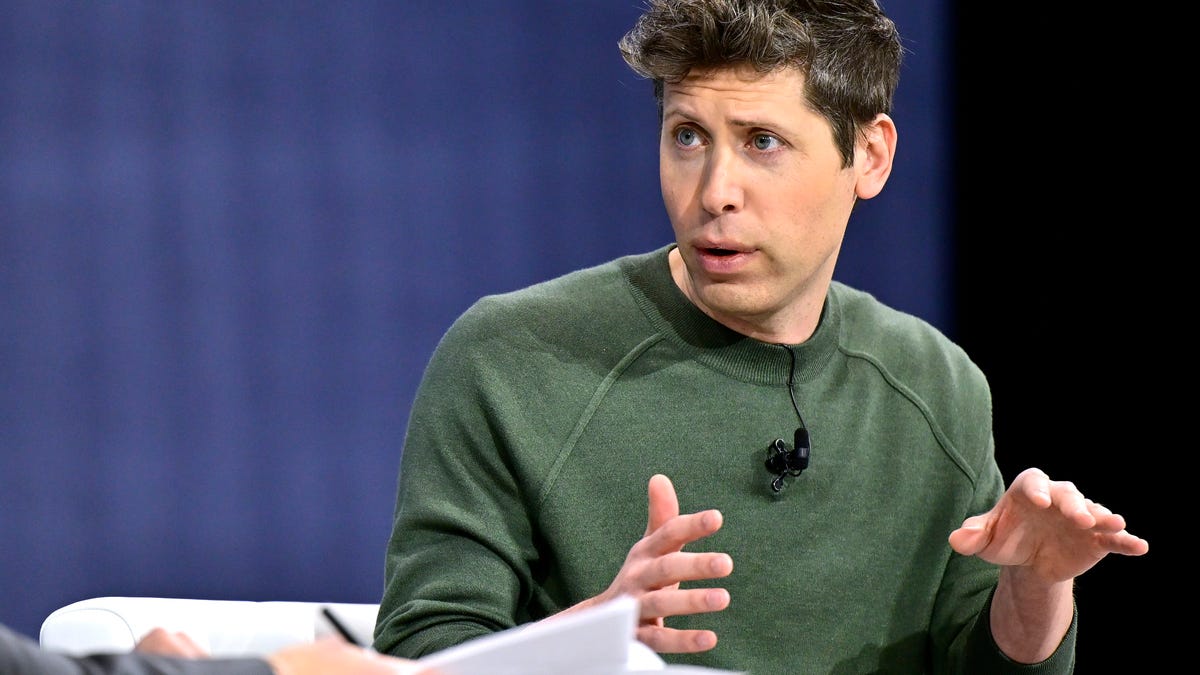T4K3.news
Discourse grows around Gen Z stare
The 'Gen Z stare' phenomenon raises questions about generational communication styles.

A new discussion around the so-called 'Gen Z stare' sheds light on generational differences in social interactions.
The Gen Z stare invites reflection on social interaction
The term "Gen Z stare" has gained attention recently, describing how Gen Z individuals may appear to stare blankly during conversations at work or in retail settings. Some link this behavior to societal norms and expectations that differ significantly from past generations. Many Gen Z members defend themselves, arguing that their seeming disinterest may stem from discomfort or boredom with interactions that feel inauthentic. Jennifer Grygiel, a social media expert, highlights that Gen Z values genuine engagement and may be less practiced in navigating social norms compared to older generations. As discussions about this phenomenon unfold, it raises broader questions about communication across generational lines.
Key Takeaways
"I find Gen Z to be really great at having conversations."
Professor Jennifer Grygiel emphasizes the communication strengths of Gen Z, contrasting public perception.
"If interacting with them feels awkward, it might also be because they're not only young, but haven't had as much experience socializing."
Grygiel suggests that Gen Z's inexperience impacts their interactions, leading to misinterpretation of their behavior.
The emergence of the "Gen Z stare" highlights the growing divide and misunderstanding between generations. While older generations might view this behavior as rudeness, it may simply represent a shift towards valuing authenticity in interactions. This phenomenon invites a deeper look at how much social skills have evolved and the impact of technology on communication. It suggests that instead of blaming one another, we should recognize and adapt to these new dynamics, leading to richer conversations and understanding.
Highlights
- Gen Z's stare is more about authenticity than annoyance.
- Maybe they don't know how to fake it yet like older generations.
- What if the Gen Z stare is just a sign of boredom?
- Engagement is key. Let's talk, not stare.
Generational communication risks
The discourse around the Gen Z stare reveals underlying tensions between generations, potentially leading to misunderstandings in social interactions, especially in professional settings.
As society navigates these evolving dynamics, embracing diverse interaction styles may enhance understanding.
Enjoyed this? Let your friends know!
Related News
Experts clarify Gen Z stare significance

Debate grows on Gen Z stare
Gen X remains overlooked in generational debates

New trends in youth culture raise safety concerns

Gen Z college graduates face high unemployment rates

Gen Z turns to ChatGPT for life decisions

Gen Z stare highlights generational tensions
Gen X Parents Overprotect Their College-Bound Children
